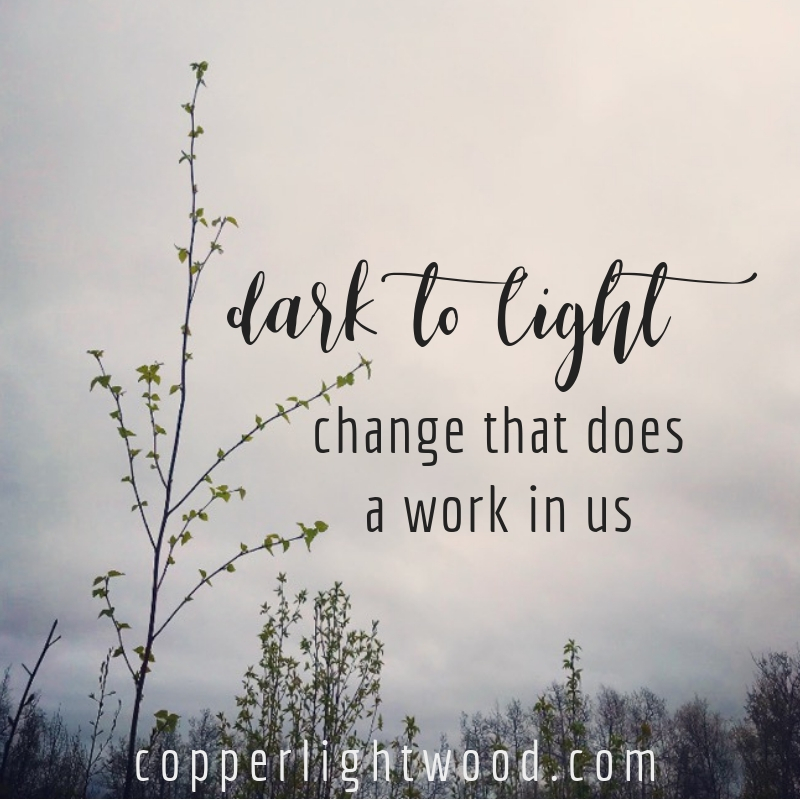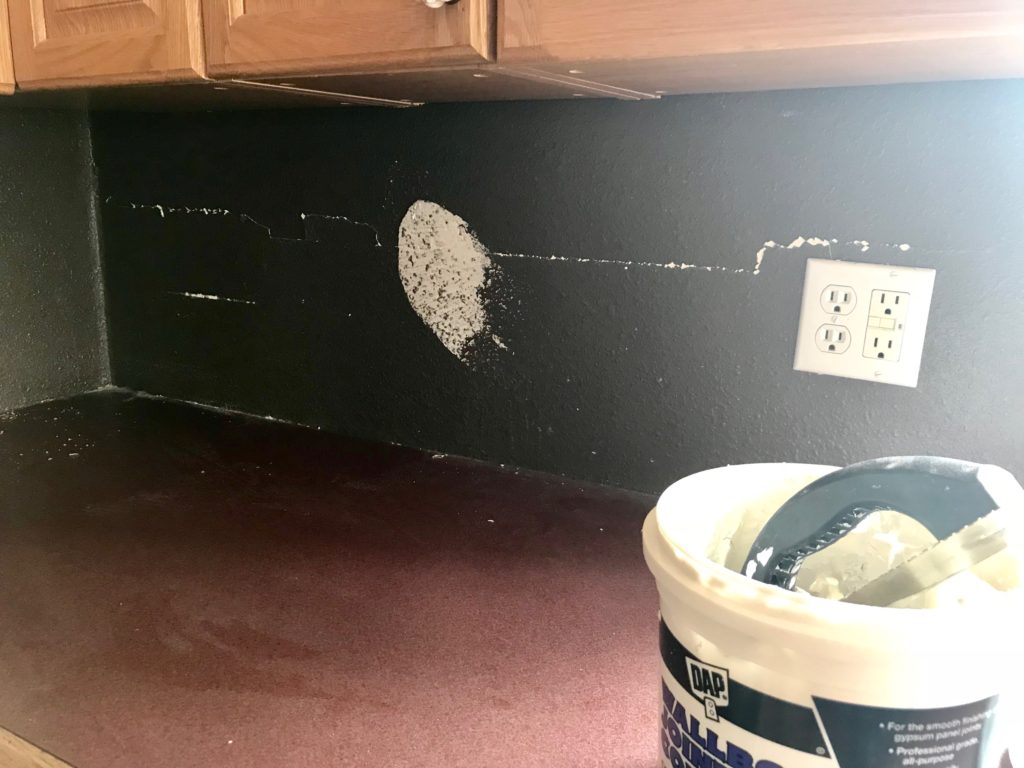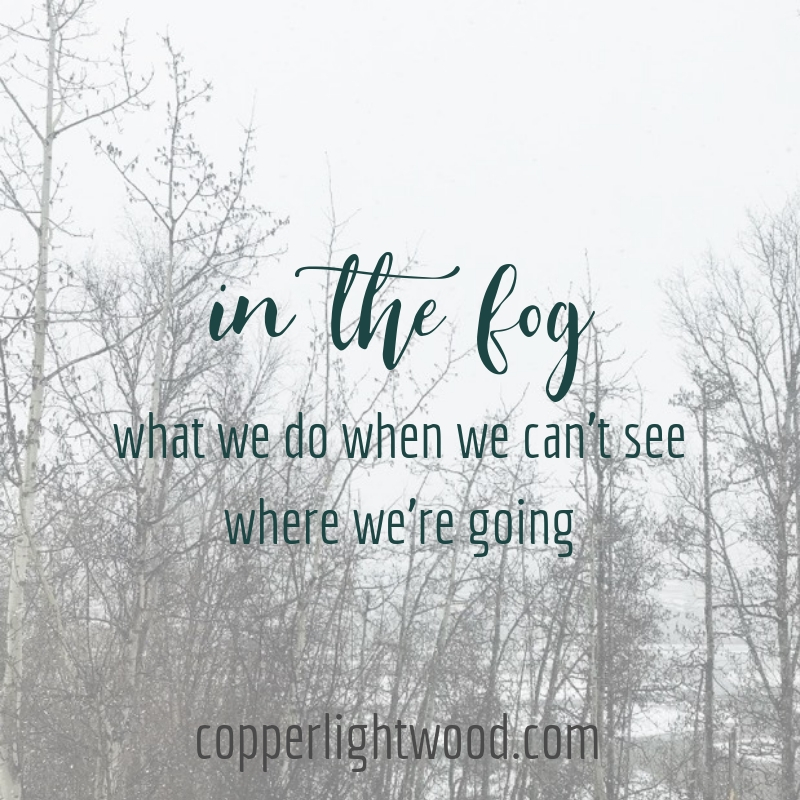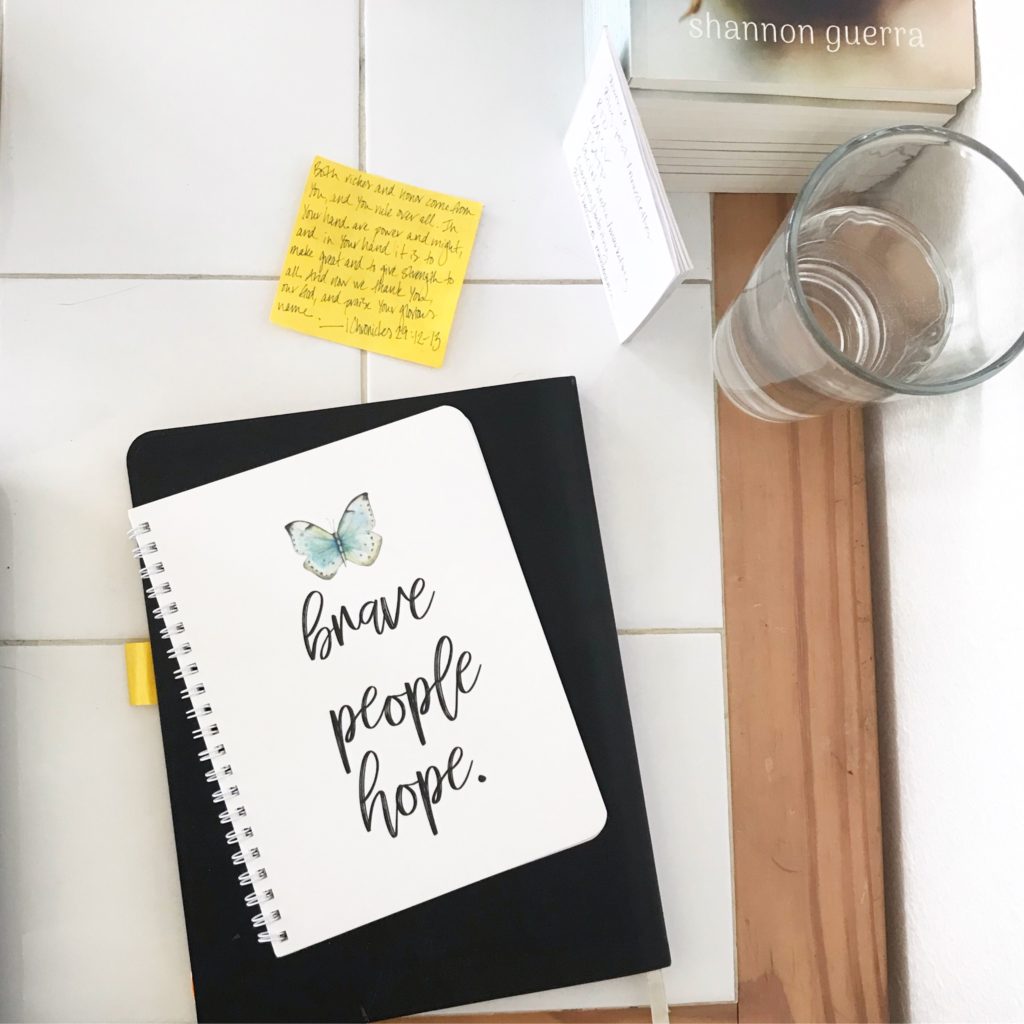The weekend is here but the house is a disaster, so let me introduce you to our normal method of tackling it: The Quick Boogie.
For those unfamiliar with the concept of a Quick Boogie, it is when everyone launches into a five-minute clean-up – a few people pick up the floor and put stuff away, someone throws dishes in the dishwasher, someone wipes down counters, and we all take turns bossing Finnegan, who, as the resident toddler, made most of the mess in the first place.
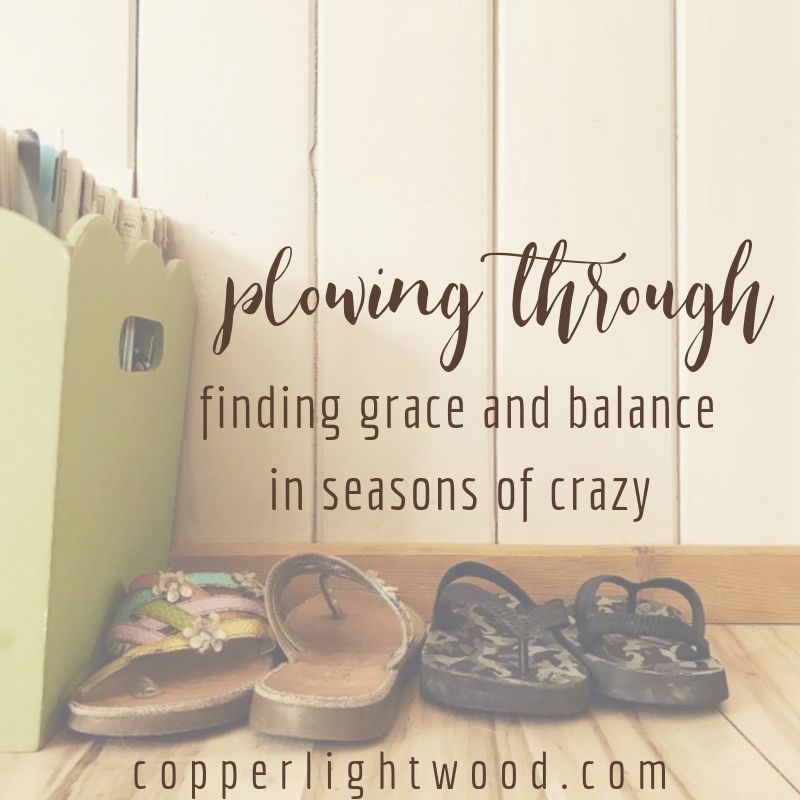
Usually five minutes is enough. At the very least, it enables us to sit on the couch without getting gouged by a pick-up stick.
But this weekend, to indicate how much (or how little) sleep I’ve had over the last few weeks with a teething baby, I announced it like this:
“We need to do a quick boogie, real quick.”
And then – don’t try this at home, husbands – Vince announced, “Watch out, kids. She’s using redundancies.”
I gave him a Look and told him to watch out himself, or I’d start using adverbs, too. (In a marriage of writers, this is how fights start.)
“In that case,” he said, “I’ll quickly leave the couch.”
“You’d better, or I will violently kick you off it.”
The night before, Kavanagh woke up right as I was going to bed, and he stayed awake until 3 am, all kicky and restless. The next day was a filming day, and it was hard. I couldn’t remember simple pieces that I knew perfectly the night before while rehearsing, sentences and phrases wouldn’t come out clearly (hence the new “vabucolary” I invented, mentioned in the last newsletter), and we just sorta plowed through it.
Toward the end of the day I was utterly unmotivated to do anything. I didn’t want to be productive, and I didn’t want to think.
I wanted to veg on the couch. I wanted to clock out hours early and be done. I wanted to take a bath and read, but I was so exhausted that would’ve been dangerous, at least for the books. (I’ve only ever dropped one book in the tub, but that was Gulliver’s Travels, and it deserved it.)
I was out of gas. But when I realized that, it felt less defeating than failure. It wasn’t failure, it was exhaustion. When cars run out of gas, we don’t scrap them – we refill their tank. And we learn to pay better attention to the gauge before we run on empty (some of us, at least).
It’s hard to be clever and helpful and hopeful when you’re exhausted. It’s hard to think clearly or to know what to do next when we are too tired to even trust our judgment on simple things, like our ability to pair socks.
I know people like to say “Sleep when the baby sleeps” but that only applies to newborns around here. If we followed that advice to its logical extension, such as “Fold laundry when the baby folds laundry” or “Write when the baby writes,” this place would be a wrecking zone, like a Fisher Price tornado ripped through a library after loading up at a taco truck.
So when Kav is napping, it is our chance to work with two hands – exhausted or not. There’s no guarantee how long a six-month-old will nap, or how long his three-year-old brother will let him. We do other important things when he’s awake, like answer email, package books, and swear at the internet for being too slow.
As a result, most of my journal entries begin with “Kav is napping,” and, also as a result, are very short. Sometimes they look like this, broken into several efforts throughout the day:
Kav is napping so we are working. The next three sentences are about children playing too loudly and our need to reestablish quiet naptime rules to prevent me from turning into Raging Dragon Mommy. But it’s too late for now because Kav is already awake…
The next attempt yields seventeen lines of family events and work stuff; coffee is mentioned twice. That entry ends with, But Kavanagh is awake again, fifteen minutes later.
And then, one more try:
Aaaand he’s back to sleep, now that it’s time to clock out for the day. But Vin took the kids to youth group so maybe I can squeeze in a few more minutes.
[Nine lines here, in which I gripe about a podcast I got sucked into that turned out to be a condescending sales pitch. Boo, and also, hiss.]And Kav is awake again. See? It was just a few more minutes.
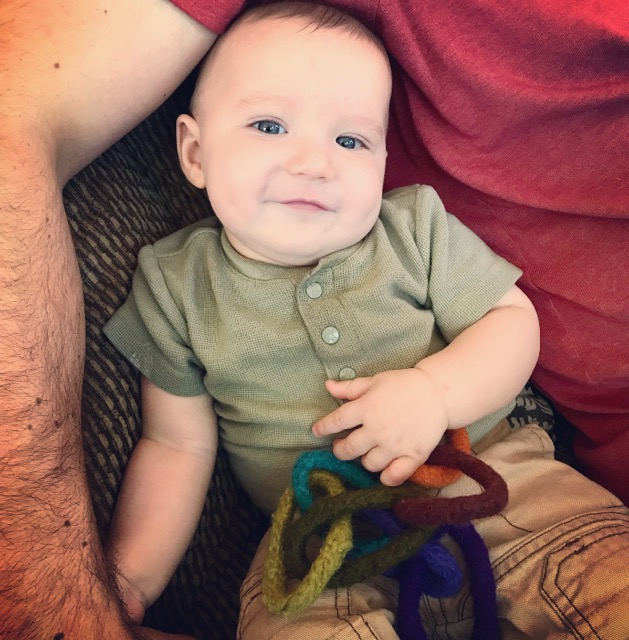
Don’t misunderstand me; I love these tiny days. I love his wakefulness and don’t want to miss it and his blue-eyed smiles. But every new season brings new structures and routines, and learning to steward our time best in that adjustment takes some trial and error. So when he sleeps, we plow through.
Today, it’s warm and he’s just wearing a onesie; he falls asleep as I nurse him at the desk, and I pull my flannel off the back of the chair and wrap him up in it. At six months old, he’s still small enough that it makes a perfect blanket.
We had thunderstorms all last week, and I was in the bathroom when the loudest clap of thunder I’ve ever heard shook our house. It must’ve been right on top of us; the lights flickered, and the subsequent rumbling made me wonder if we were having another huge earthquake.
My first instinct was to look at the battery on my phone and immediately turn it off. My phone was woefully undercharged the last two times we had a major outage, including when the earthquake hit.
My next move was to down the glass of water I was holding, and refill it. Then use the toilet, and flush. These are the things we regret not doing as soon as the power is out and we wish we still could.
So I did all those things and went downstairs, and the lights were still on and everything was fine. It was just thunder. But every so often it isn’t, and we’re caught off guard – unprepared, slacking off, or just undercharged and dehydrated. There’s a balance to be had in plowing through. And there’s no shame for seasons of craziness when you can’t help it, but there’s also no harm (and much good) in getting in the habit of keeping things refilled, and charged, and flushed, and ready. Like ourselves.
So I preach to myself:
Rest when you can. Work when the baby sleeps. Drink the glass of water.
Write the sentences when they are fresh and flowing. Keep short accounts, and forgive the person who hurt you.
Don’t overschedule, so you have room to be impulsive for the right opportunities. Do that thing you keep putting off. Or, if it’s not really not worth doing, take it off your to-do list.
Hug the kids when they pass you in the kitchen. Teach the toddler over and over and over, to the point of redundancy, how to clean up after himself.
Show grace to yourself and others, as we all plow through — even if we have to use adverbs.

